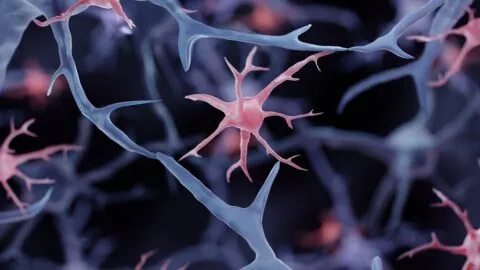July 02, 2025
Scientists have analyzed the differences between mammalian species that can regrow ear tissue after injury and those that cannot. Their findings can pave the way for novel regenerative therapies [1]. The lost art of regeneration Many animal species have amazing regenerative abilities. On the one side of the spectrum sit planarian worms: slice them up,...
June 19, 2025
In Cell Stem Cell, researchers have described how genetically engineered microglia can be used to deliver therapeutic proteins to the brain. The blood-brain barrier Delivering therapeutic compounds to the brain has a concern that is absent for other organs: the blood-brain barrier (BBB), which retains strict controls over the kinds of compounds that can reach...
November 04, 2024
In a groundbreaking Nature paper, researchers have developed synthetic regulatory sequences that could prevent targeted gene therapies from having effects in unwanted cell types. More than methylation While methylation is the most well-known regulator of gene expression, it isn't the only thing that determines what is to be expressed when. Cis-regulatory elements (CREs), so called...
July 09, 2024
A new study describes a method of genetically modifying a fraction of tumor cells, programming them to self-destruct and take therapy-resistant cells with them [1]. Resisting the resistance Advanced solid tumors remain the main challenge for modern oncology. It’s hard to deliver a therapy to all of the cells in a tumor, and then the...
July 12, 2023
The Journal Club returns on 25th July at 12:00 Eastern time to the Lifespan.io Facebook channel. Editing mitochondrial DNA (mtDNA) has long been a challenge and systems such as CRISPR, which make editing regular DNA faster and easier, are very difficult to use when it comes to mtDNA. This month we are going to take...
June 23, 2023
Researchers have genetically engineered lettuce to produce human insulin. The resulting plant-based drug, which can be taken orally, was successfully tested in mice [1]. An epidemic and a costly drug Diabetes mellitus has reached epidemic proportions, affecting about half a billion people worldwide. This debilitating metabolic disease, which also exacerbates numerous processes of aging...








